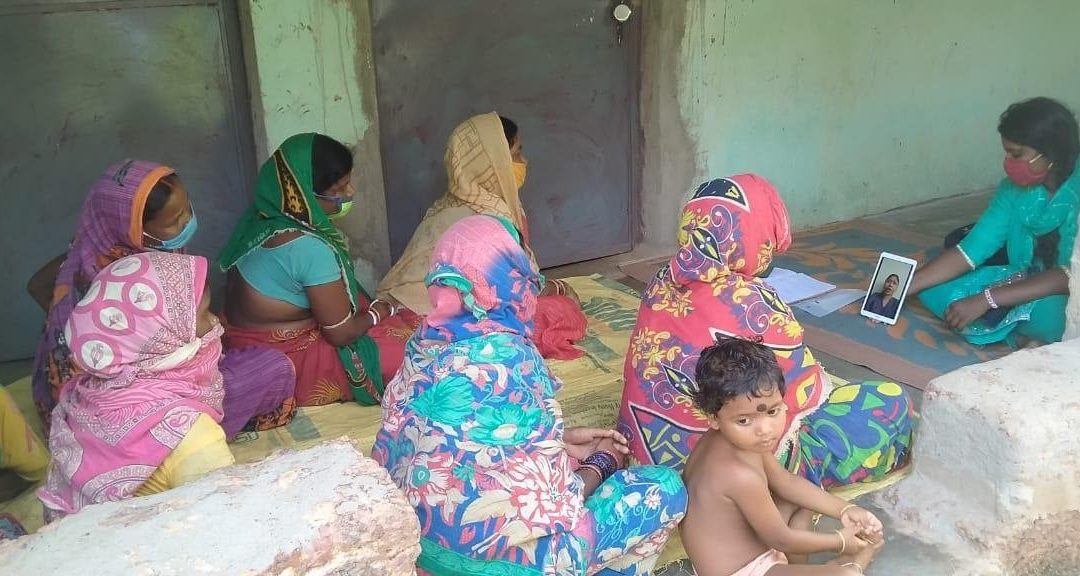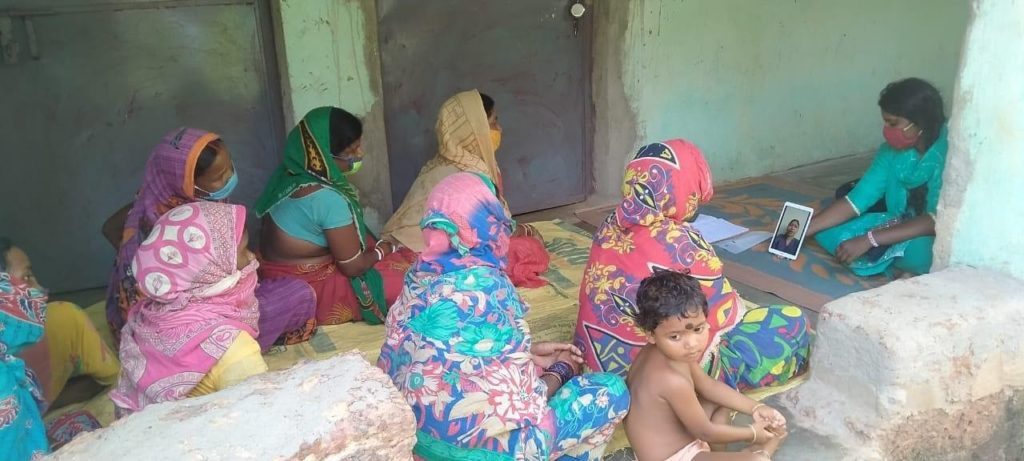Discovering gender dynamics in digital loans for agriculture
A CGIAR Inspire Challenge Rapid Response Grant project survey of more than 1,000 men and women farmers in Odisha, India finds disparate gender dynamics in demand for and decision-making around agricultural credit.
In the Indian, agricultural state of Odisha, the CGIAR Inspire Challenge Rapid Response project “Eyes on the ground for agricultural microcredit” is piloting a new agricultural microcredit model that issues loans based on georeferenced crop pictures and associated satellite imagery for a farmer’s plots, a method the team established in the 2017 and 2018 Inspire Challenge project “Seeing is Believing”.
The Rapid Response team, a partnership among the International Food Policy Research Institute, Dvara E-Registry, and Vector Finance, aims to improve access to credit (and promote productive investments in agriculture) for farmers who lack access to land records or credit scores, particularly women.
To first understand gender norms in the study context and evaluate whether gender training could improve women’s demand for credit, the team surveyed 693 men and 535 women in two districts in Odisha and asked a series of qualitative questions to understand norms regarding women’s roles and decision-making around household agriculture.
Findings from the survey indicate that demand for and decision-making in agricultural credit was lower among women than among men, despite the facts that loans are more likely to be recorded in women’s names. Women are also less likely to report that women “should” be involved in agricultural decisions.
With a better picture of the context’s gender dynamics, the team set out to test the effects of training, consisting of a video and set of interactive exercises, to shift norms and increase women’s demand for credit. Thus far, the team’s findings suggest that the training had no impact on how respondents perceived gender roles in agriculture nor demand for agricultural loans.
Though more time is needed to investigate the lack of impact, project partners will leverage these insights to explore alternative crediting solutions, strengthen gender trainings, and improve client targeting.
Click here to read the full article about the gender survey and training results.
May 27, 2021
CGIAR Platform for Big Data in Agriculture
Related posts
Latest news






